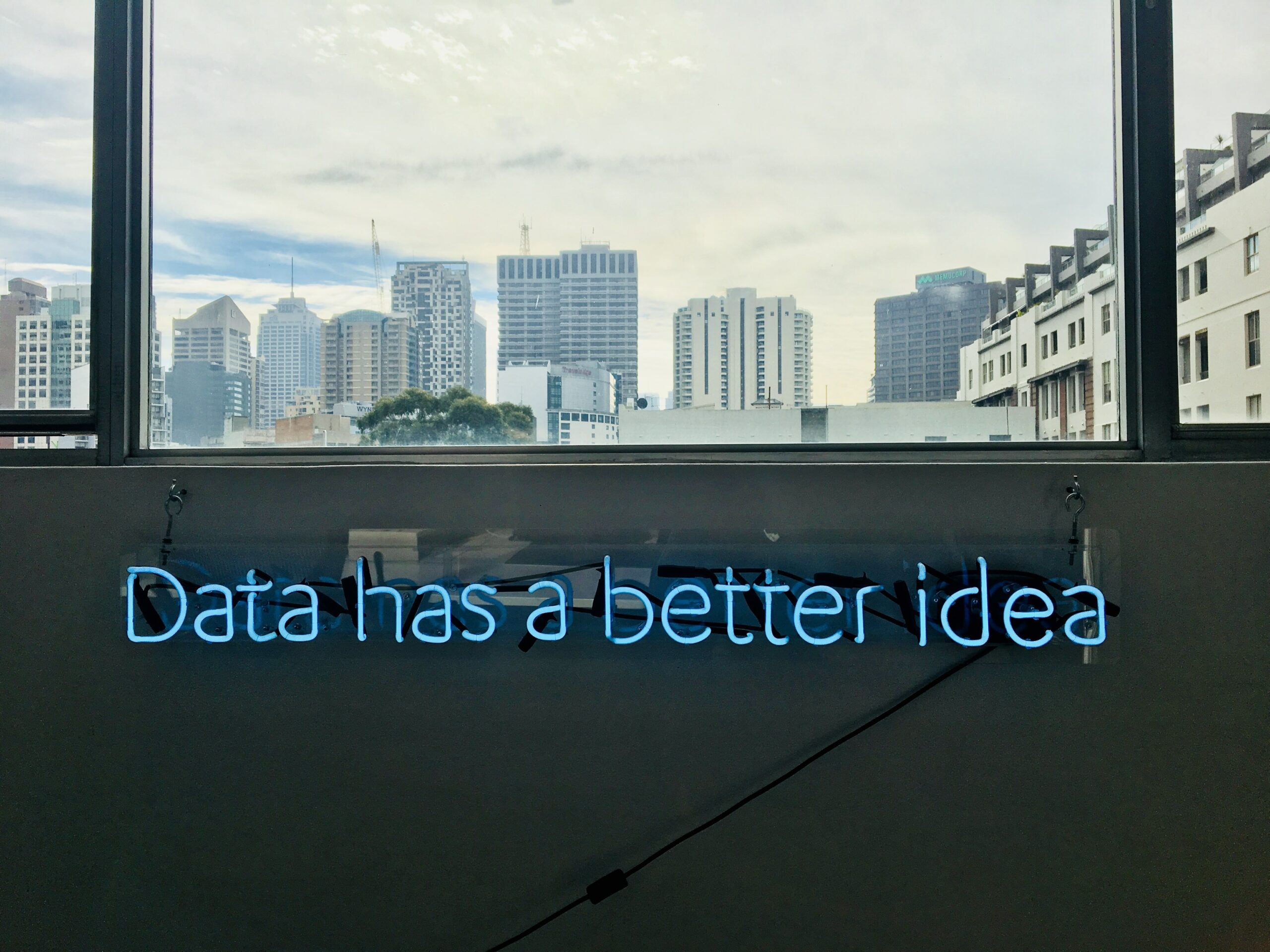At Fluix we make it easier for enterprises to distribute, collaborate, and collect documents from field employees. Mobile document workflow.
But do documents make your organization move forward? Or is it the decisions you make?
Documents are important for auditing purposes. Once-manual paper processes are digital with Fluix. Large enterprises and small companies use us for health and safety inspections, daily standup meetings and “huddles,” training documentation, work order submissions, pilot aircraft checklists, and even legal contracts requiring electronic signatures or “e-signatures”.
There are numerous industries and countless use cases where some form of paperwork is required to prove work happened. Document audit trails exist to show the work got done, and document management systems help keep digital archives…just in case someday someone needs to review. Fluix makes this easy. We’ve processed millions of documents over our first six years of existence.
Do You Need to Collect Documents or Capture Data?
For companies that want to transform their operations, it’s not just about a piece of paper. An office employee receiving a completed form from a remote, field-based employee and filing it away doesn’t transform your business. It’s about field data collection, preferably mobile data collection. It’s about the data contained in documents and your real-time (or near-real-time) access to it.
As Oracle puts it in their important intro to big data:
“Data has intrinsic value. But it’s of no use until that value is discovered. Equally important: How truthful is your data—and how much can you rely on it?”
Documents can be manually reviewed and approved, no doubt. But what too many companies still lack — especially in industries such as construction, energy, and manufacturing — is real-time access to data “captured” from meetings, inspections, and audits.
I put the word captured in quotation marks above for a reason. An initiative may start as a document management project but can and should become a quest to deploy the right real-time mobile data collection system.
Just three years ago, IDC conducted a survey of over 500 executives. Seventy-seven percent reported that untimely data has inhibited business opportunities, and 54% said that this inhibits operational efficiency.
Some of this data is considered “dark data.” Data buried in documents but never extracted. Data captured by employees as part of their ongoing work but never digitized so it can be put to use for decision-making. Dark data is a huge problem.
Slow Data Kills Companies, Fast Data Accelerates Decisions
If you’re not getting insight from fieldwork done until five business days after that work is complete (let alone later), you are in the dark, as a business leader. Today’s data should be available today.
What we’re all seeing happen this year with COVID-19 is an example of the importance of near-real-time data collection. Imagine if the field data from this pandemic was reported with forms that were mailed into a central office, and that data was then manually re-entered into a database for analysis. (Maybe this is happening in some areas of the world?)
I like how Jeff Barrett puts it at Inc.com:
“Now, it’s not that companies are intentionally misusing their data. They are simply trying to understand what it is that they have, which is understandable considering the high volumes of complex data their equipment is pumping out.”
Tools like Power BI by Microsoft and Tableau by Salesforce enable operations leaders to visualize their data. If data sources are directly integrated with either solution, decision-makers can discover Aha moments in real-time in order to make swift, informed decisions based on the aggregated data.
Fluix Data directly connects to both Power BI and Tableau, and Fluix workflows can push documents and data to other third-party solutions via API as well.
These field data analysis and visualization tools make understanding data to glean important insights possible.
Demand More of Your Document Workflows
If you’re not extracting data from your fieldwork in near-real-time, you’re missing out on major opportunities: identifying patterns in work reported from the field, getting real-time alerts to hazards and dangers that are imminent, enabling invoicing and revenue collection, or even knowing if employees are experiencing COVID-19 symptoms and posing a risk to others.
This is why mobile data collection is an urgent need in field service operations — making every manual, paper-based process digital, with a real-time field data collection application. Integrate your systems to make this happen and good decision-making will accelerate.
Contact us to learn how Fluix can play a part in your digital transformation initiative.
Image Source: Photo by Franki Chamaki on Unsplash






